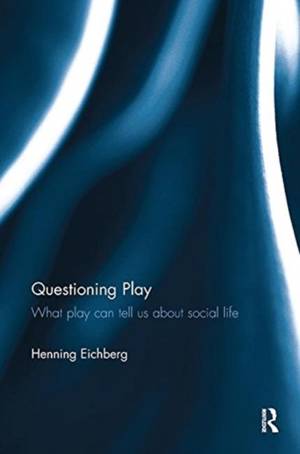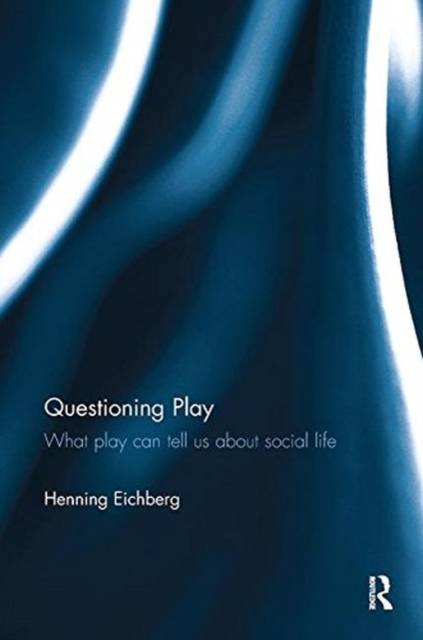
- Retrait gratuit dans votre magasin Club
- 7.000.000 titres dans notre catalogue
- Payer en toute sécurité
- Toujours un magasin près de chez vous
- Retrait gratuit dans votre magasin Club
- 7.000.0000 titres dans notre catalogue
- Payer en toute sécurité
- Toujours un magasin près de chez vous
Description
What is play? Why do we play? What can play teach us about our life as social beings? In this critical investigation into the significance of play, Henning Eichberg argues that through play we can ask questions about the world, others and ourselves. Playing a game and asking a question are two forms of human practice that are fundamentally connected. This book presents a practice-based philosophical approach to understanding play that begins with empirical study, drawing on historical, sociological and anthropological investigations of play in the real world, from contemporary Danish soccer to war games and folk dances. Its ten chapters explore topics such as:
- play as a practice of search
- playing, learning and progress
- the light and dark sides of play
- playing games, sport and display
- folk sports, popular games, and social identity
- play under the conditions of alienation.
From these explorations emerge a phenomenological approach to understanding play and its value in interrogating ourselves and our social worlds.
This book offers a challenging contribution to the interdisciplinary field of the philosophy of play. It will be fascinating reading for any student or researcher interested in social and cultural anthropology, phenomenology, and critical sociology as well as the ethics and philosophy of sport, leisure studies, and the sociology of sport.
.
Spécifications
Parties prenantes
- Auteur(s) :
- Editeur:
Contenu
- Nombre de pages :
- 284
- Langue:
- Anglais
Caractéristiques
- EAN:
- 9780815357261
- Date de parution :
- 03-01-18
- Format:
- Livre broché
- Format numérique:
- Trade paperback (VS)
- Dimensions :
- 156 mm x 233 mm
- Poids :
- 529 g

Les avis
Nous publions uniquement les avis qui respectent les conditions requises. Consultez nos conditions pour les avis.






